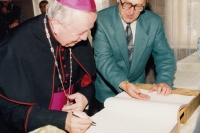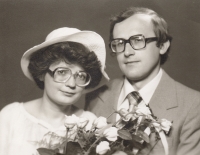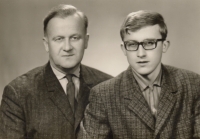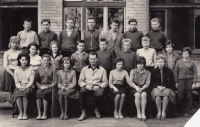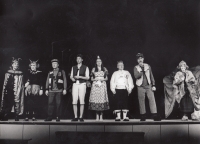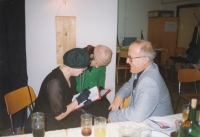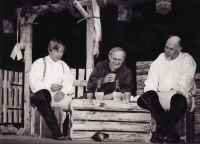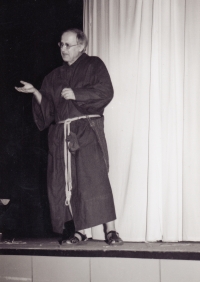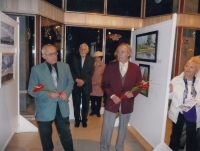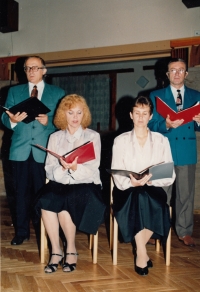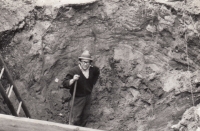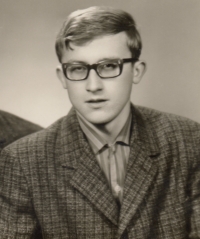We were asked to recite poems by pro-regime authors
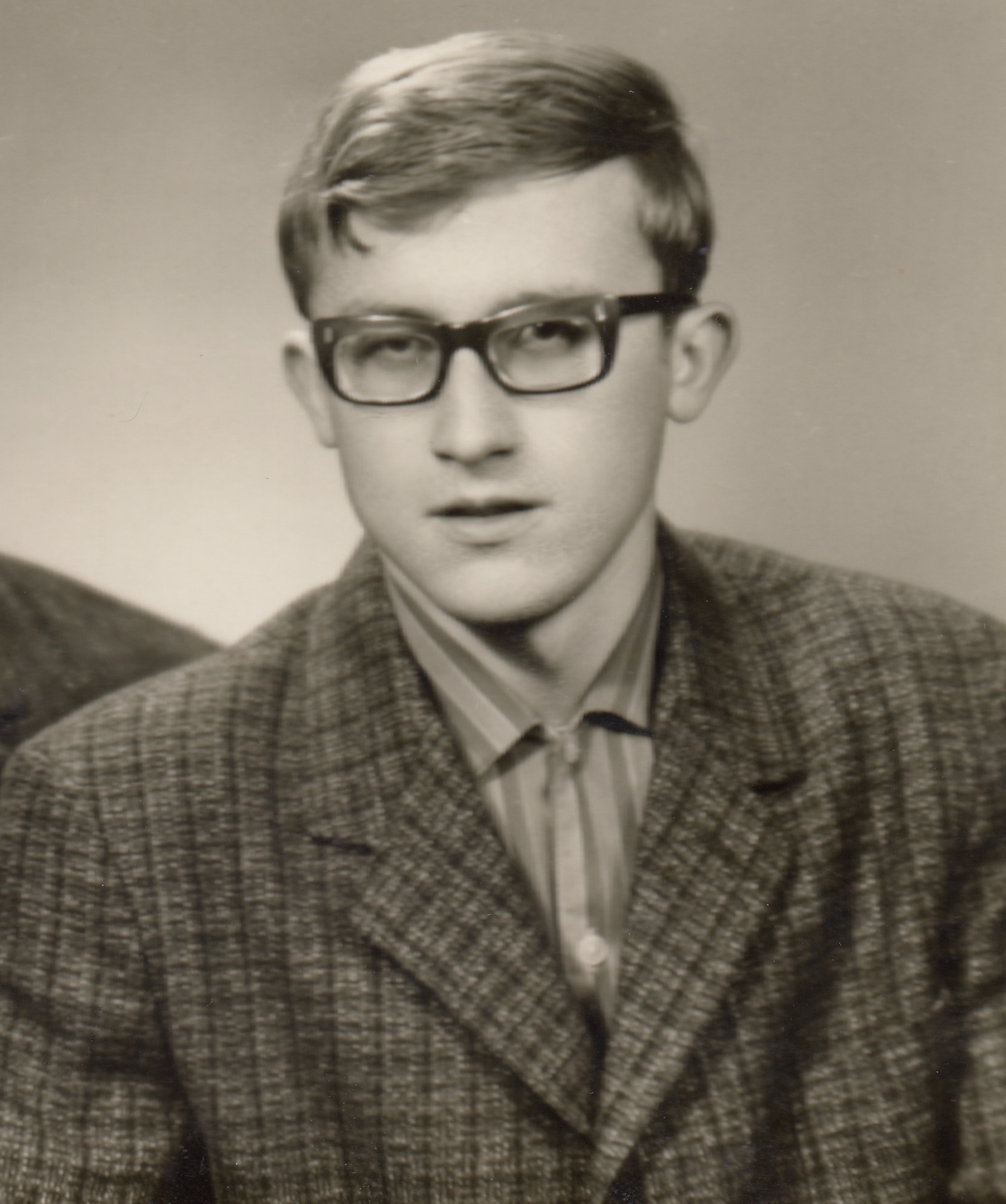
Download image
Milan Čejka was born on 31 October 1948 in Kolín. He grew up in Svojšice, near Kouřim, where his father Emil got a school apartment in addition to his teaching position. Emil met his wife Milada through an advertisement in an evangelical newspaper. However, soon after their marriage (1947), their differing natures began to show and they divorced. Emil’s father became a member of the Communist Party in 1948. Milada, who came from a farming family from Libice nad Cidlinou, was the opposite. Milan and his younger brother moved to Libice nad Cidlinou in the late 1950s. This happened after their mother injured her cervical spine after an unfortunate accident and became paralysed. She underwent several surgeries in the following years and died from the effects of the medical procedure in 1966. The father refused to take custody of the children so the grandmother took them in to raise them. Milan continued his schooling in Libice nad Cidlinou and later he studied at the Secondary Industrial Engineering School in Čáslav. In the spring of 1968 he graduated and enlisted in the army. After a few weeks at a military reception centre in the border area, he experienced the invasion of Warsaw Pact troops. From the 1960s he admired the Semafor theatre and after returning from the army he became a member of the Vojan theatre group, where he still performs today. He also keeps the chronicle about the modern history of the amateur theatre group. After the Velvet Revolution he worked in the cultural centre in Poděbrady, and regularly contributed to the regional Mladá Fronta newspaper and other weekly newspapers. At the time of the filming (2021), he lived in Libice nad Cidlinou.
